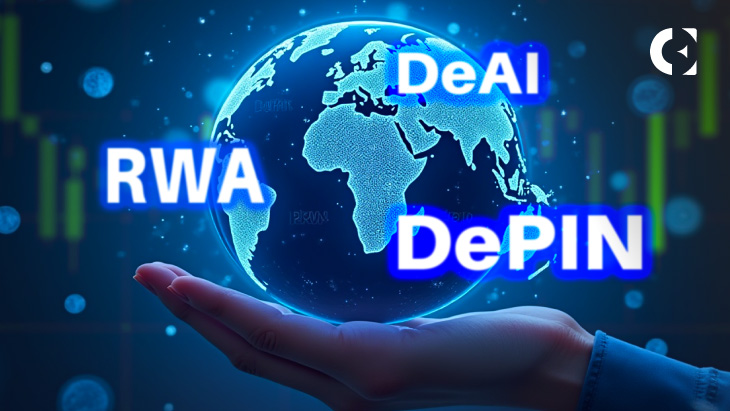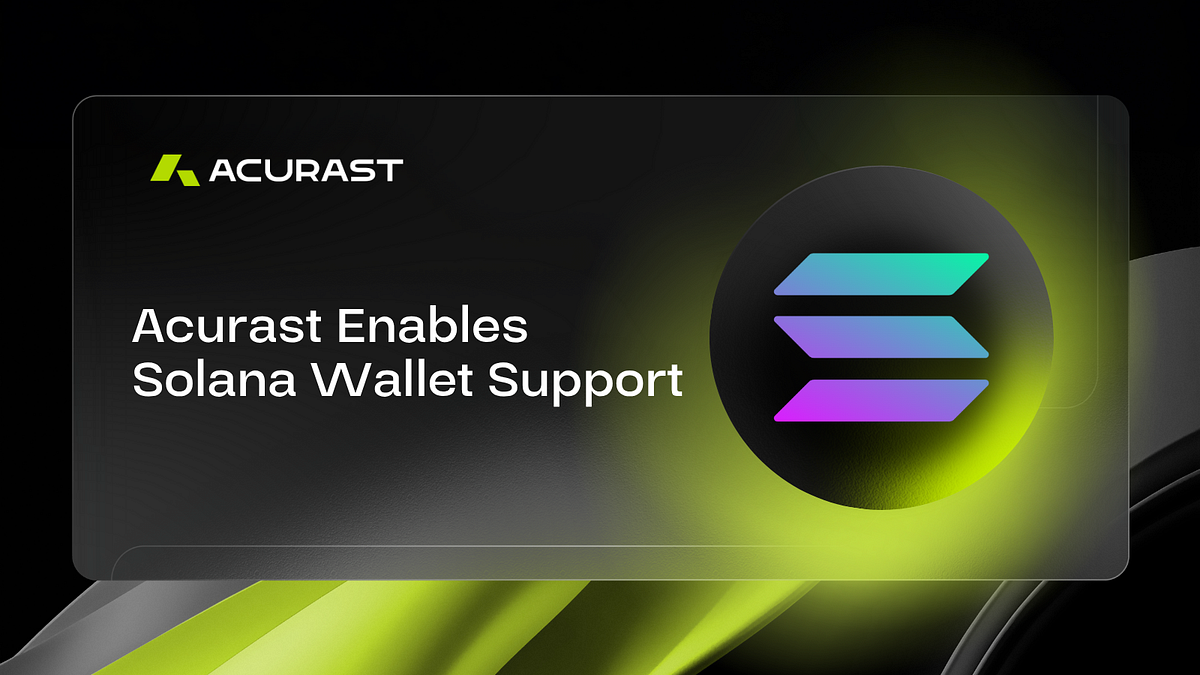PowerPod Revolutionizes EV Charging with AI Technology

As the electric vehicle (EV) market continues to expand, optimizing charging infrastructure has become crucial to meet user demands while minimizing costs and grid stress. Traditional charging methods often lead to peak load issues and price fluctuations, making it essential to implement innovative solutions. PowerPod aims to tackle these challenges through AI-powered charging stations that intelligently adjust based on real-time data, including power grid conditions, electricity prices, and user preferences. This approach not only enhances efficiency but also provides a cost-effective solution for both users and energy providers.
The AI model developed by PowerPod incorporates various data inputs to optimize charging strategies. It analyzes charging station data, grid load levels, user behavior, and environmental factors such as weather conditions. By utilizing Long Short-Term Memory (LSTM) neural networks, the model predicts future energy demand, allowing charging stations to schedule EV charging during the most cost-effective and grid-friendly times. Additionally, Deep Reinforcement Learning (DQN) is employed to dynamically adjust charging rates based on real-time conditions, ensuring that users receive the most efficient charging experience while minimizing costs.
PowerPod’s AI-driven smart charging system architecture consists of data collection, AI processing, execution, and continuous learning. This innovative approach has been tested in a citywide EV network, yielding promising results. Looking ahead, PowerPod plans to integrate blockchain technology for secure billing, offer personalized charging modes, and collaborate with autonomous driving technologies to create self-operating charging stations. These advancements signify a transformative shift in the EV charging landscape, paving the way for a more sustainable future in the decentralized Web3 ecosystem.
Related News





